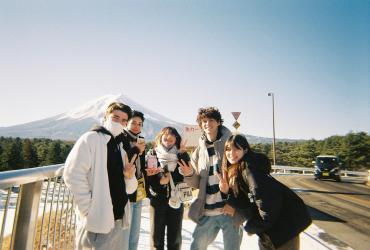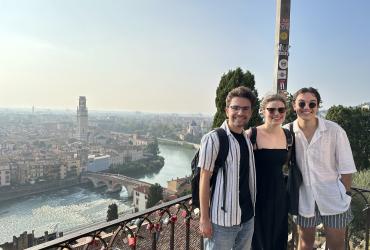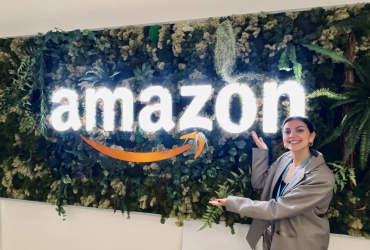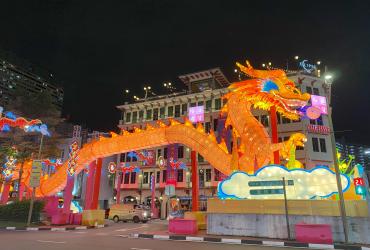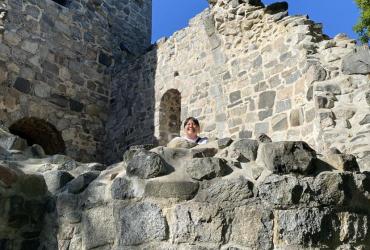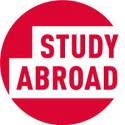Academic Planning
Since I had already completed most of the necessary credits for the business portion of my business and economics joint major and all my electives before going abroad, my course selection was focused mainly on economics courses. Unfortunately, my course selection was limited as many of the economics courses overlapped in terms of timing. As a result, I only took a Marketing Research class to fulfill my Business Analytics and Decision Making certificate prerequisite and two economics courses. I also faced an issue where one of my 300-level courses at Hanyang University was not considered a 300-level course by SFU because it did not have a prerequisite and used an introductory textbook as the main textbook. Therefore, when choosing courses, be aware that courses without prerequisites may be lower-division courses according to SFU standards.
Financial Preparation
Apply for funding! Some examples of funding opportunities include the Suite of Study Abroad Awards, the Equity, Diversity, and Inclusion International Mobility Award, and student grants and loans through StudentAid BC.
While South Korea is mainly cashless, you still need cash to top up your T-Money card, which doubles as a debit card that you can use throughout the country. Bring cash on hand and deposit the cash into a South Korean bank account you can apply for once you receive your Korean FRC number. Have cash on hand in case your T-money card runs out of funds unexpectedly.
Please overbudget your trip! I spent way more than I thought I would in Korea! I would estimate your total budget for one semester to be about $20,000, including everything from flights, transportation, rent, and more (I know, it’s much more than you thought). The cost of living in Seoul is much cheaper than in Vancouver. Average student rent is $500-800 a month and meals cost around $10 with no tipping culture. However, keep in mind that you'll be spending most of your money on experiences such as hanging out with friends and travelling to other areas of Korea like Jeju, Busan, Sokcho, etc.
Packing
The weather in Seoul is very similar compared to Vancouver. However, the weather in Seoul changes more drastically—for example, 10 degrees the first day and then 17 degrees the next. During the Spring semester in Korea, temperatures start off fairly cold in March (10-15 degrees Celsius) but quickly rise to hot temperatures throughout the semester, reaching a peak in June (25-30 degrees Celsius). Bring Spring and Summer clothing. Only bring your favourite outfits! You'll probably end up buying tons of stylish and reasonably priced clothing in Korea that you’ll bring back home.
I highly recommend bringing items that remind you of home in case you get homesick. Bring a toque, your favourite SFU sweater, snacks and goodies not available in Korea.
South Korea uses the same plug as the EU. Only get an international travel adapter if you're visiting countries with different plugs, like China or Australia. Buy affordable NA to EU plug adapters on Amazon.
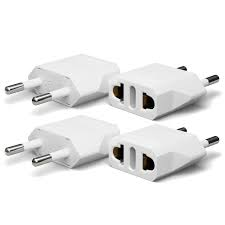
Travel and Transportation
My flights were affordable when I purchased them because they were purchased two months in advance and my arrival date was in January after Lunar New Year. I recommend you purchase your flights as early as possible in order to get the most affordable prices.
If you're looking to get around Seoul, the city's public transportation system is top-notch, affordable, and can get you where you need to go. Your T-money card will be your ultimate travel companion in South Korea; it's accepted on all modes of transportation, from buses to trains to taxis! Although there are no rideshares in the city, renting a car is affordable. Bikes and e-scooters are also available for rent throughout Seoul. The city has excellent air conditioning in indoor spaces, so bring a light jacket even if it’s hot out, as it can get chilly inside










